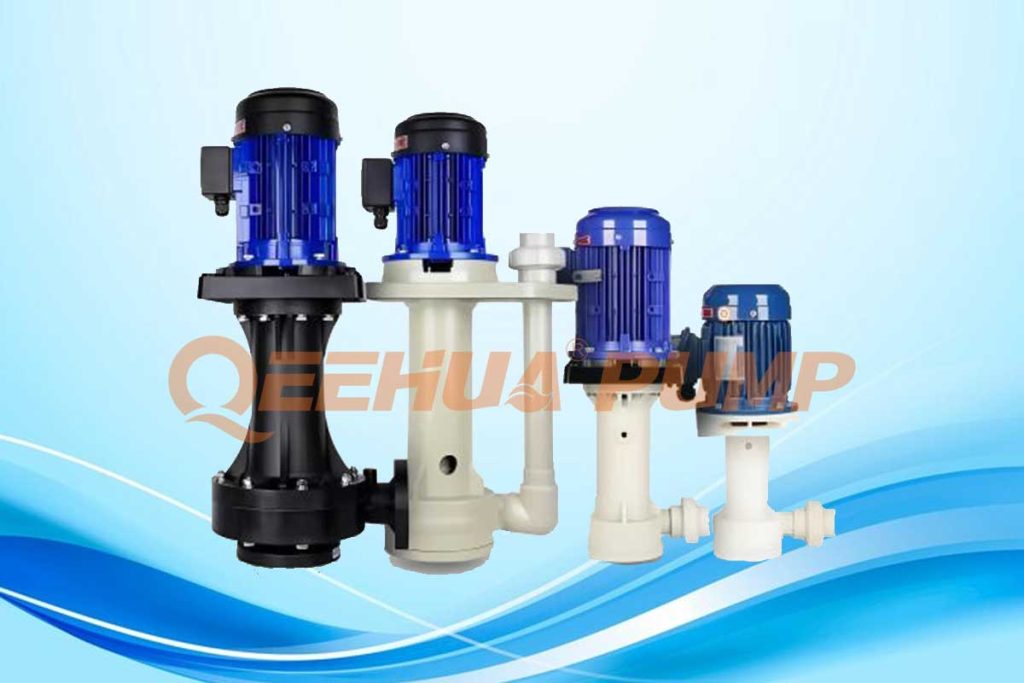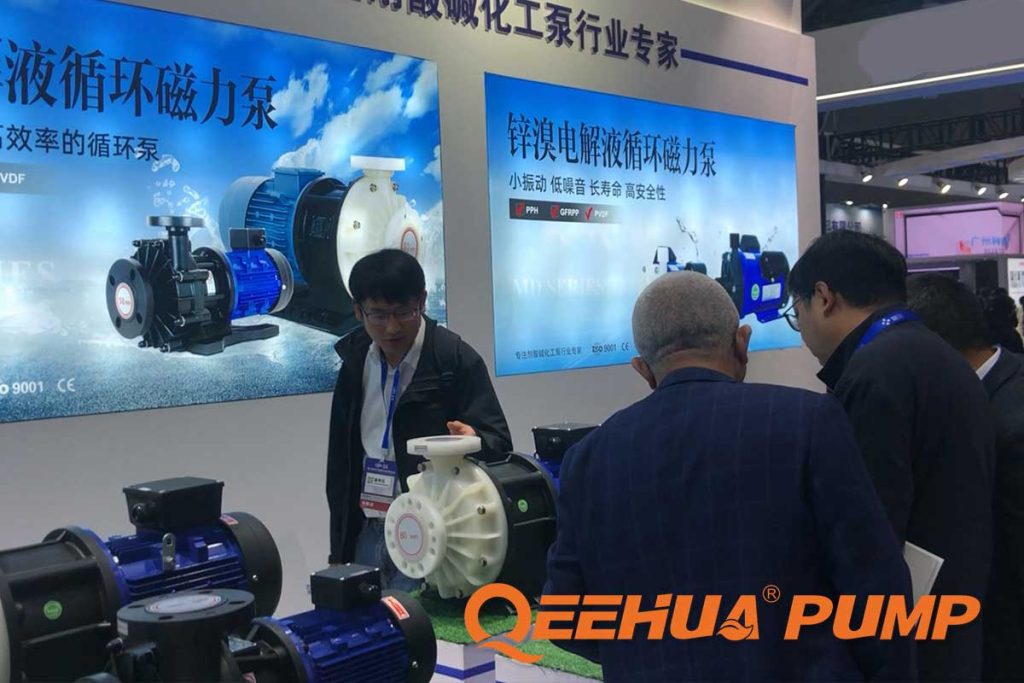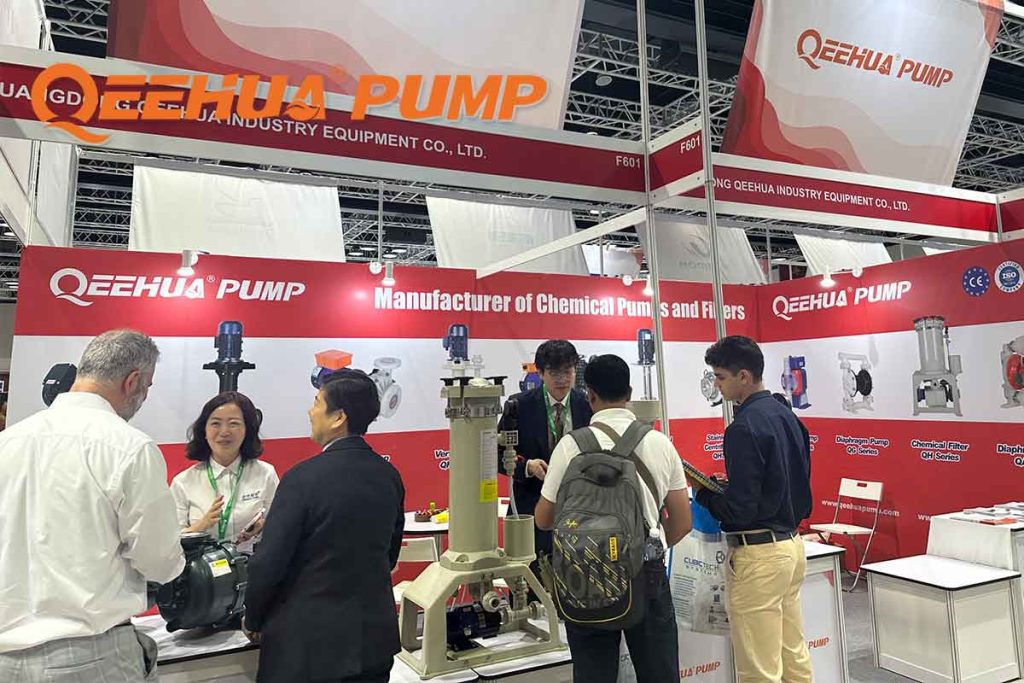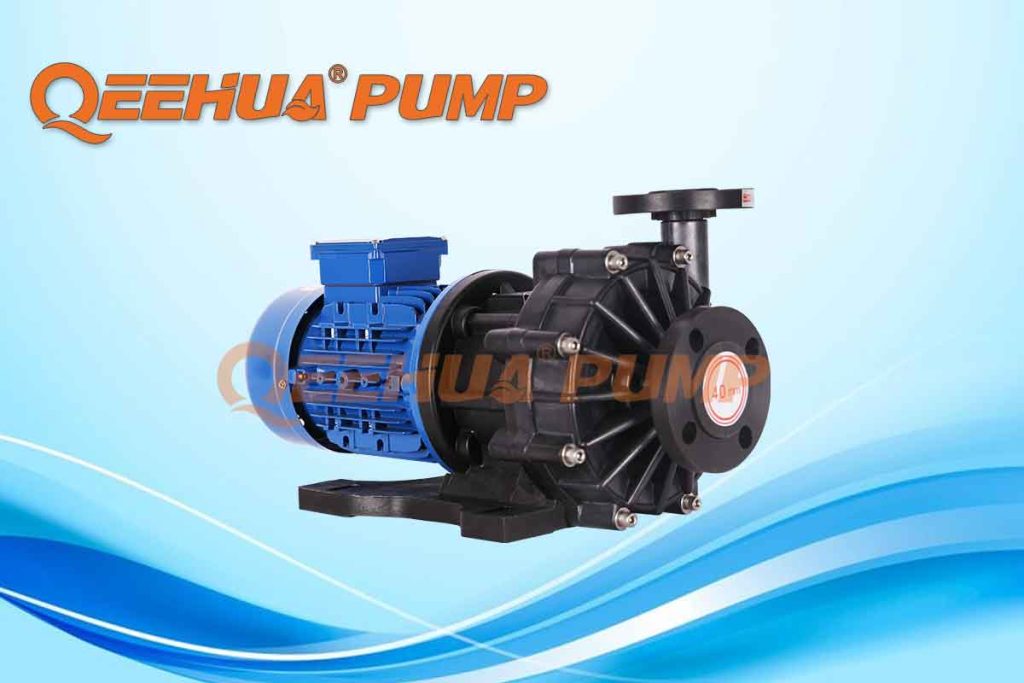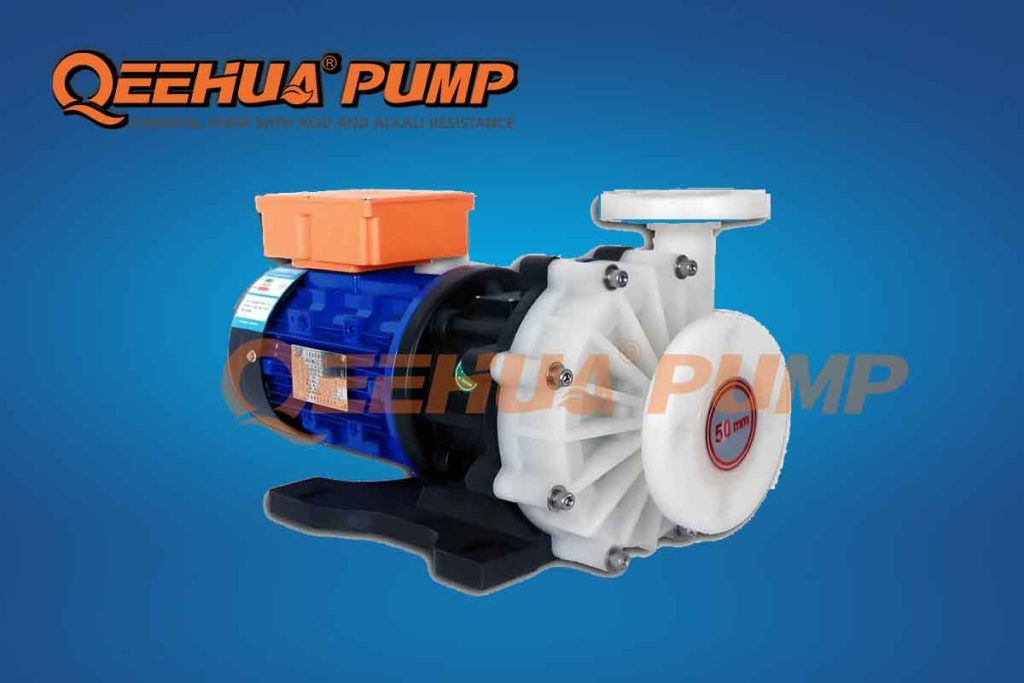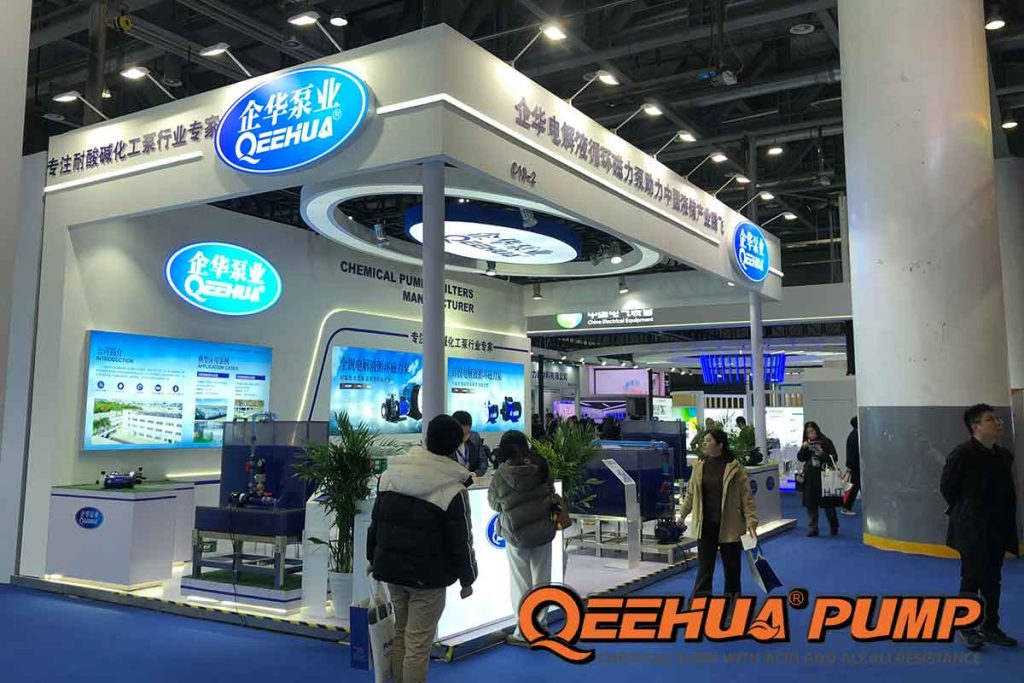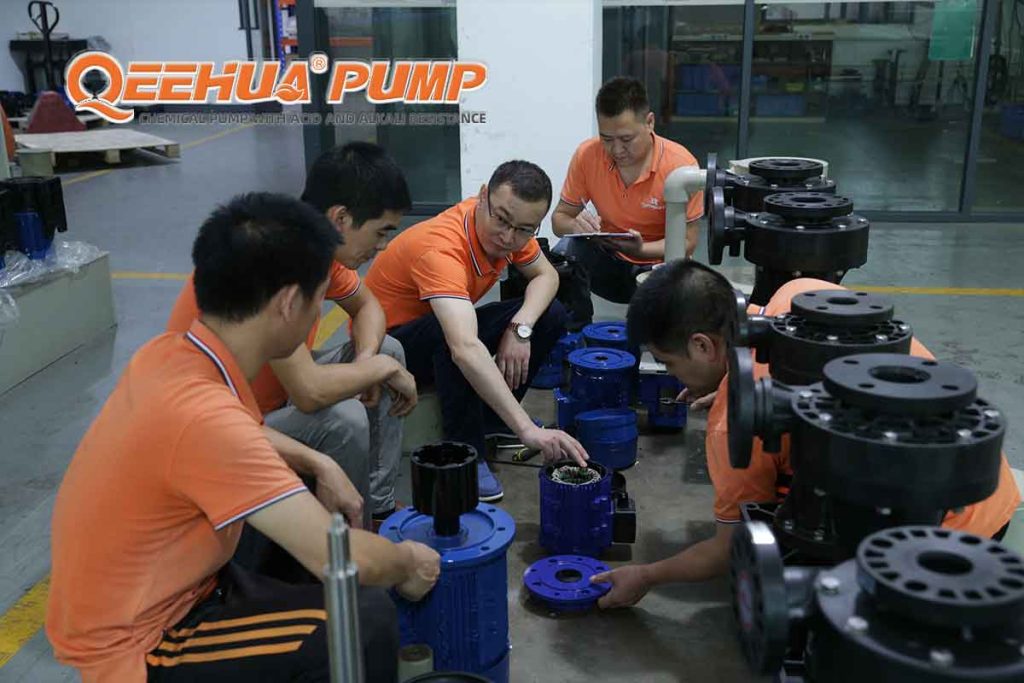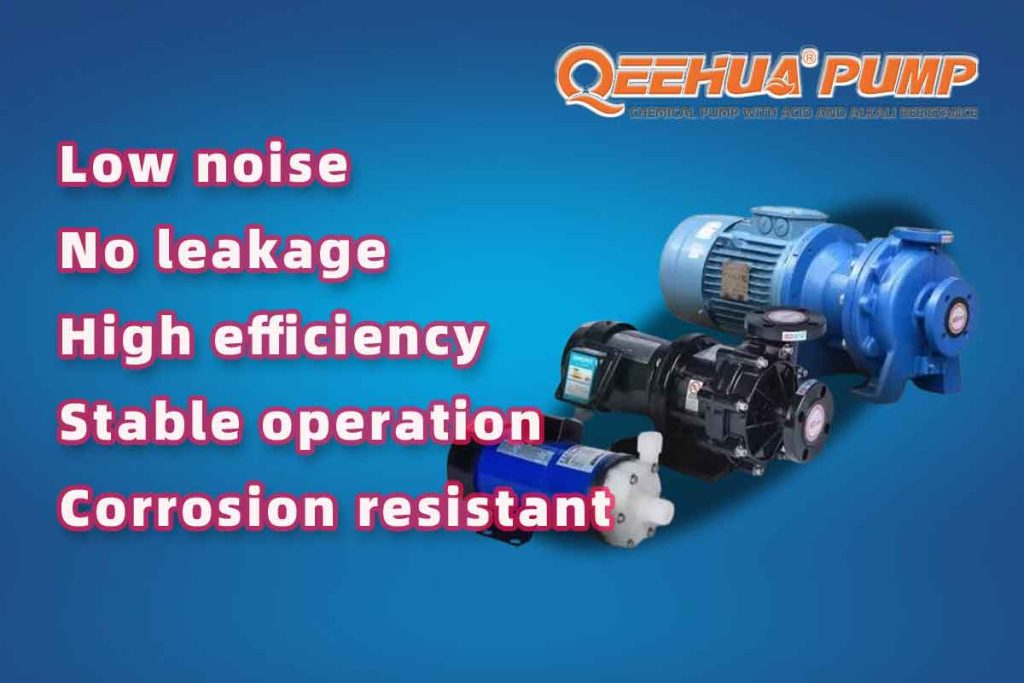Electroplating is a widely used surface treatment process in industrial production, particularly renowned in the chrome plating industry. With the global chrome plating market looking promising over the next five years, chrome plating has become a popular concern in the market. This article looks at the key role of electroplating pumps in the chrome plating industry and how chemical pump filters can be used to ensure the quality of the plating solution.
Basic Concepts of Electroplating
Electroplating is the process of adding a metal surface layer to another metal. Electroplating serves various purposes, primarily providing corrosion resistance by overlaying a less corrosive metal on more vulnerable metals. It can also enhance the longevity and aesthetics of metal surfaces.
What is Chrome Plating
Chrome plating is a technique where a thin layer of chromium is electroplated onto a metal object. This form of electroplating is also referred to as chrome plating, and the product is chrome itself. Chrome plating forms a shiny, silver-colored coating on the object. While various compounds can provide similar glossy surfaces, such as polished aluminum, chrome plating typically exhibits a brighter, more mirror-like appearance, resulting in more precise reflection.
Types of Chrome Plating
Electroplating can be categorized into two primary types: hard chrome and decorative chrome. Hard chrome is suitable for applications demanding high strength and functionality, such as mechanical components. On the other hand, decorative chrome is used for products with high aesthetic requirements, such as automotive parts and household items.
- Hard Chrome: Hard chrome coatings, also known as industrial chrome plating, are typically thicker than decorative coatings. They are used for materials requiring strength and durability. Hard chrome coatings are valued for their excellent lubricity and hardness, reducing friction. Beyond friction, the combination of lubricity and hardness ensures that materials with this coating are more robust and wear-resistant. The standard thickness of hard chrome ranges from 0.02 to 0.04 millimeters. Notably, hard chrome also exhibits outstanding chemical inertness, especially in terms of oxidation resistance.
- Decorative Chrome: Decorative chrome plating is sometimes referred to as bright chrome plating and typically involves a thinner layer of chrome. It is used for materials with high aesthetic potential. However, this does not mean that this type of chrome plating cannot protect materials from corrosion and wear. It is just not as rugged as hard chrome. It is essential to note that decorative chrome plating often requires materials to have a bright nickel layer before chrome plating. This is done to enhance the material’s reflectivity, smoothness, and corrosion resistance.
The Crucial Role of Electroplating Pumps
Electroplating pumps play a vital role throughout the electroplating process. They are responsible for transporting electroplating solutions to ensure even coating coverage and maintain the stability of chemical reactions. Electroplating pumps need to be corrosion-resistant and acid-alkali-resistant, as electroplating solutions typically have high acidity or alkalinity. Additionally, they must exhibit excellent wear resistance, as metal particles during the electroplating process can damage the pumps. The seals and bearings inside the pumps must also withstand the corrosion and wear of the electroplating solution to ensure long-term reliability of the pumps.
The Importance of Chemical Pump Filters
In electroplating, the quality of electroplating solution is crucial to the final product’s quality. Impurities and contaminants can lead to uneven coatings, defects, or rejected products. To maintain the purity of the electroplating solution, chemical pump filters become crucial. These filters effectively remove impurities, solid particles, and other contaminants, ensuring the electroplating solution meets the required standards. By using chemical pump filters, impurities during the electroplating process are controlled, contributing to the production of high-quality electroplated products.
Conclusion
Electroplating is a significant surface treatment process with widespread applications. Electroplating pumps play a critical role in the electroplating industry, ensuring the stable delivery of electroplating solutions. Chemical pump filters are essential to maintaining the quality of the electroplating solution and are critical for product quality. With the promising prospects of the electroplating market, the demand for these equipment will continue to grow, supporting the production of high-quality electroplated products. As a manufacturer specializing in magnetic pumps, vertical pumps, centrifugal pumps, and chemical pump filters, QEEHUA PUMP will continue to dedicate itself to providing high-quality pump and filter products to meet the market demand. In the future, the electroplating market’s outlook is optimistic, and the demand for electroplating pumps and filters will continue to rise.




